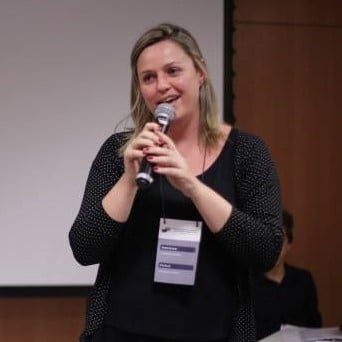What English do you teach? Are we bilingual or proficient?
I have decided to write about these “types” of English as a lot is being discussed in terms of approaches in teaching due to lots of schools claiming to be “bilingual”. Well, in fact, let’s discuss those two things – what facet of English we deal with in our regular teaching reality and what bilingualism entails.
Let’s start with the fact that we live in Brazil and in this country the official language is Portuguese and it is really difficult to function in this country in any other language other than the official language of the country – have you ever tried to get anything without using Portuguese? So, English is a foreign language here, what we will refer to herein after as FL, defined simply as a language which is not your native language which you learn because you are either interested, or because it is good for your curriculum, but this is not easily found in everyday situations where you live.
Differently from FL is second language, SL, a language which is not your native language, your mother tongue, but you have learned it or acquired it or even picked it up with the help of frequent use in your daily life. This SL is present in your routine, very typical in the life of immigrants, for example, Brazilians who emigrate to the US, for example. The person uses the language in everyday situations, going to the doctor, to the cinema, going shopping, etc.
If you follow my line of thought, what we teach in Brazil, regardless of how many hours of lessons you give, English will still be a foreign language. From my point of view, it is quite obvious that, because it is not so easy for students to be in contact with English outside their schools, as teachers, we need to create an environment that is as involving and as immersed in the language as possible so the experience students have may be less artificial.
Continuing in this line of thinking, bilingualism is a situation, in my opinion, not a methodological approach. When I say a situation, I mean, the fact that one performs at the same level of proficiency in two languages in similar situations, but this is so much debatable and varied defined, that’s why I am stating that according to my own perspective and you can disagree, obviously.
As I see it, living in Brazil, teaching English here, we need to go on teaching trying to engage our students in lessons where only English is spoken, and only eventually, only very rarely, Portuguese happens, really maximising exposure and language production in a country where target language is so hard to find. The more lessons, the more activities, the more prepared environment where students can go on using the language the more fluent and at ease with it they will get.
I still wonder if a Brazilian student will be “bilingual” or “proficient” in English… This, I believe, only time will tell me.






